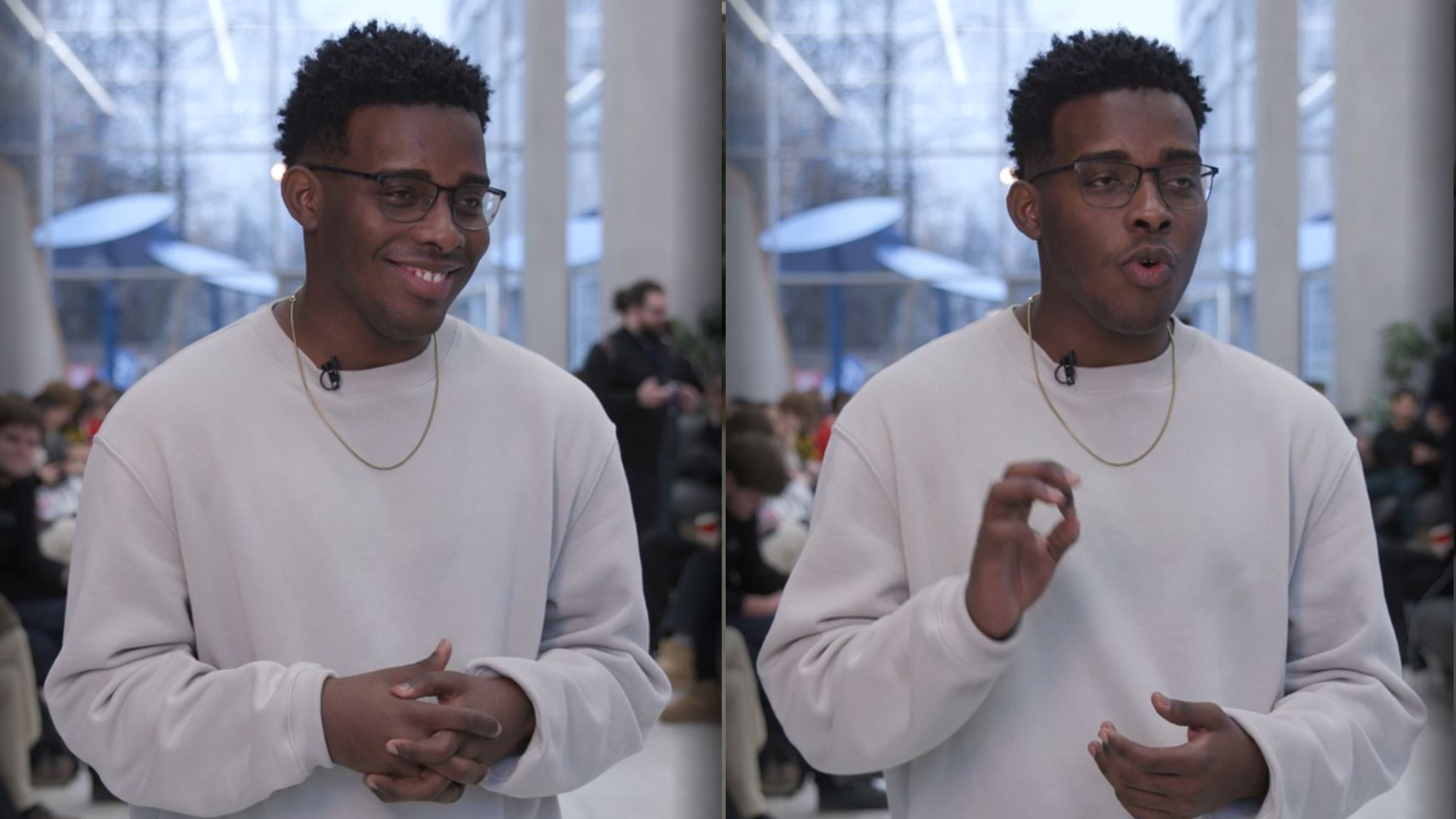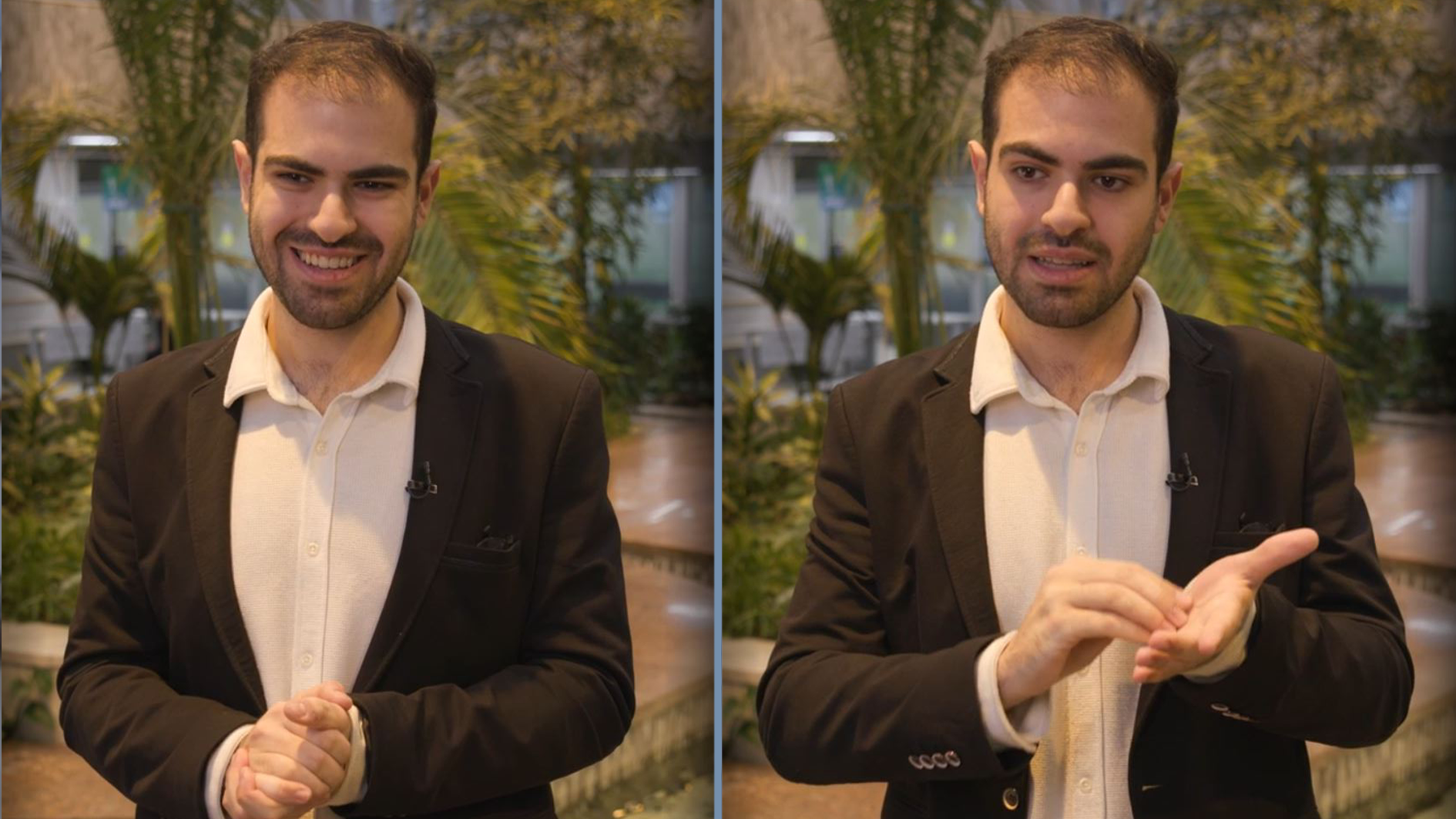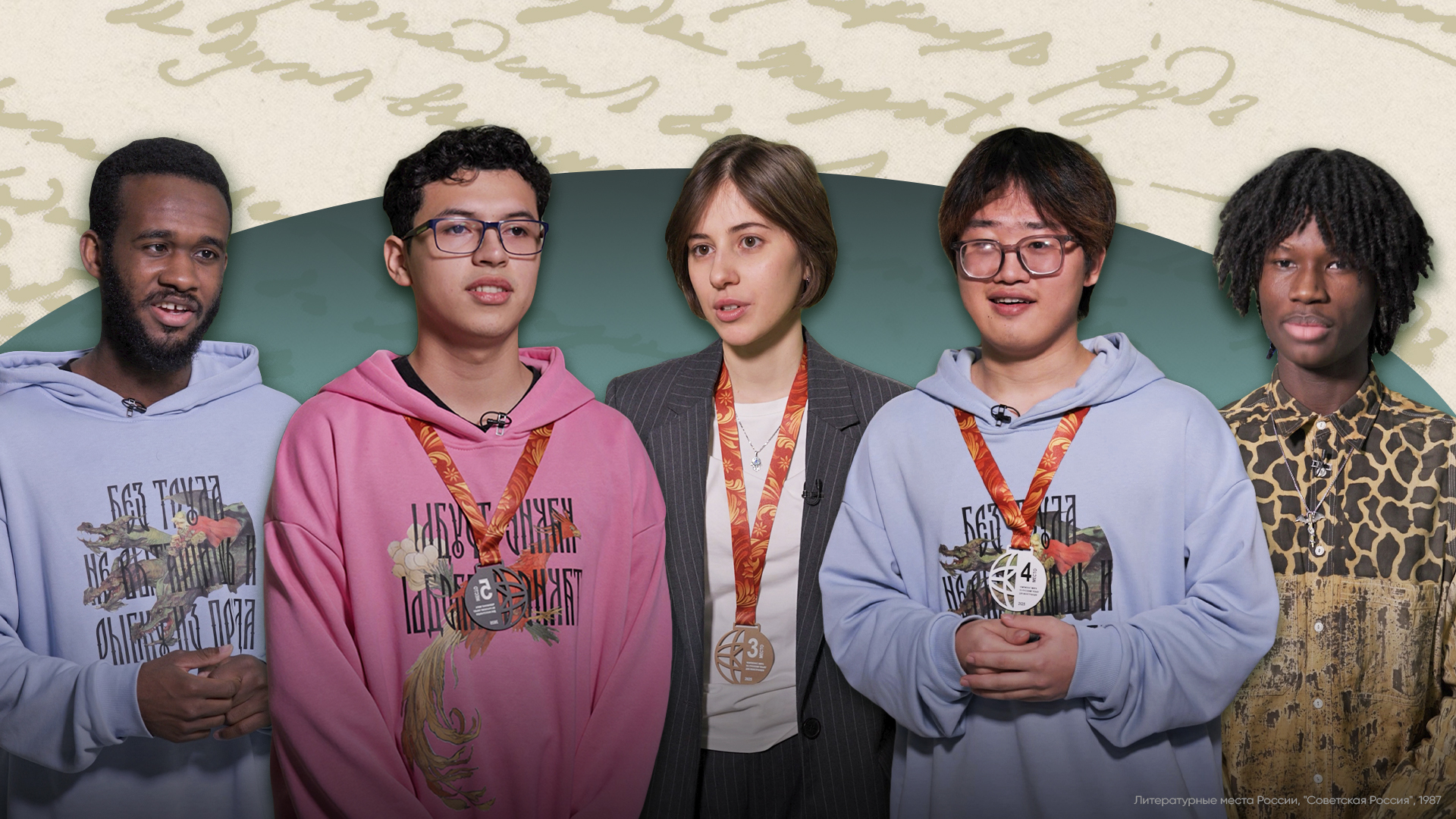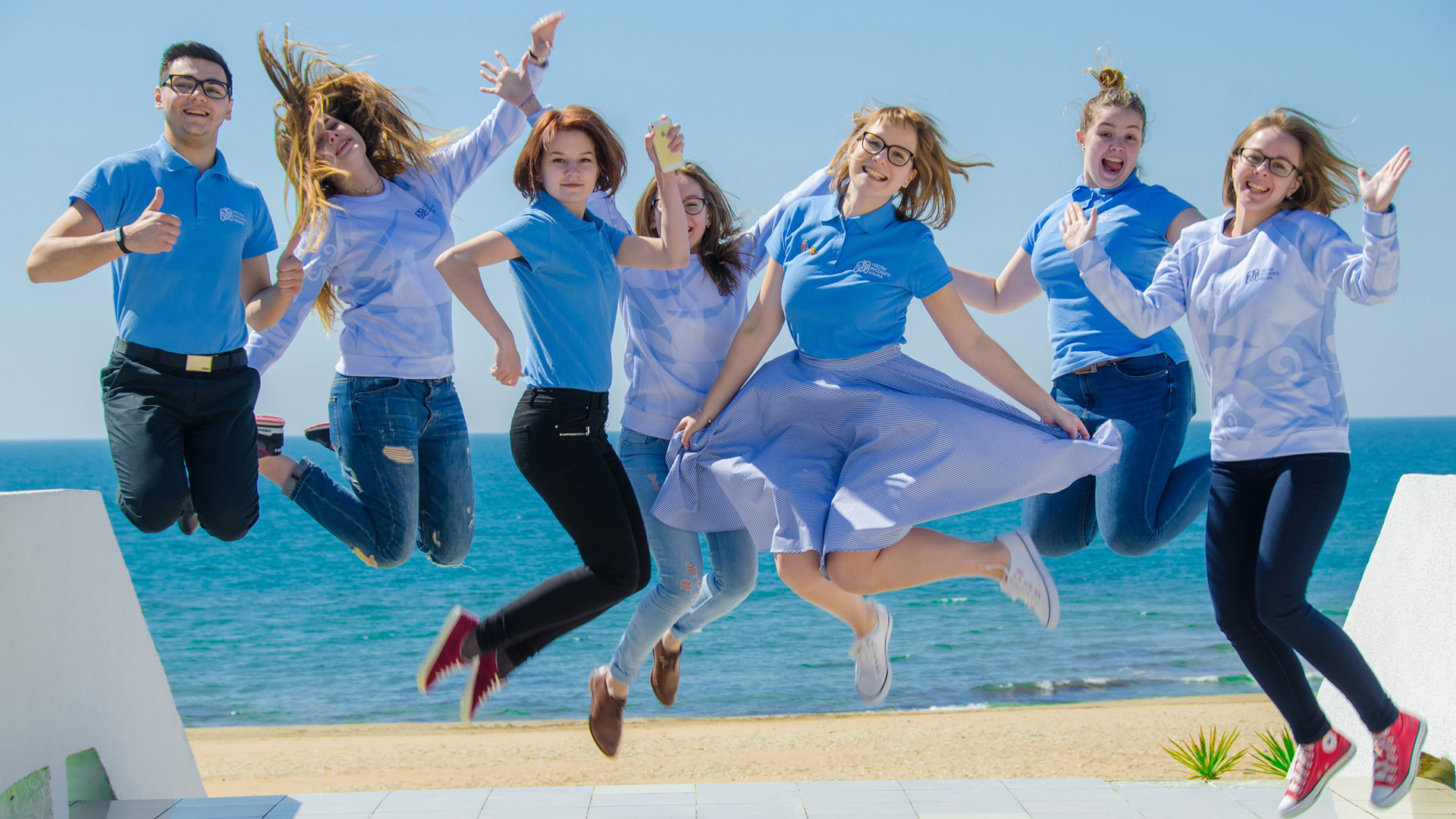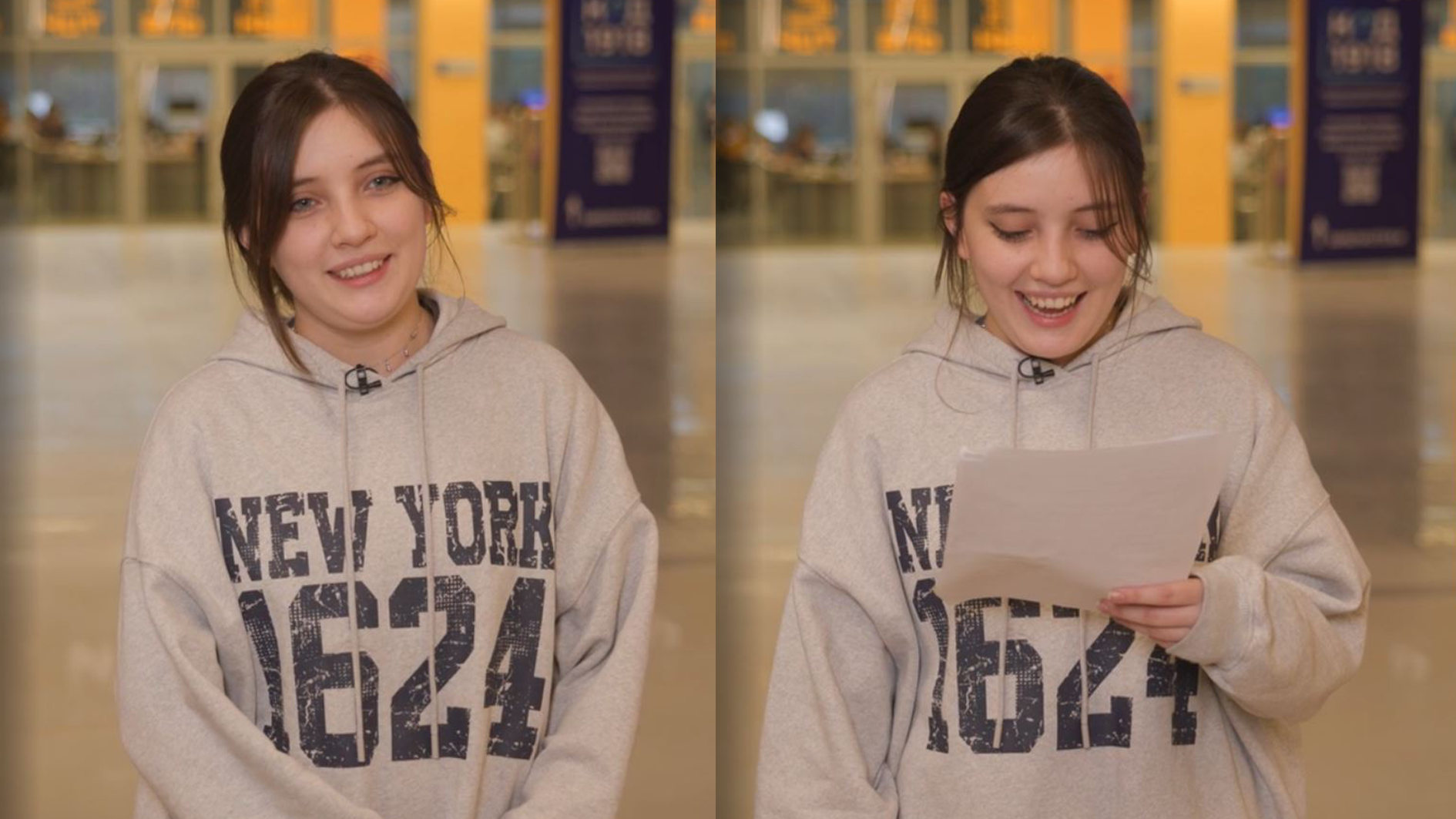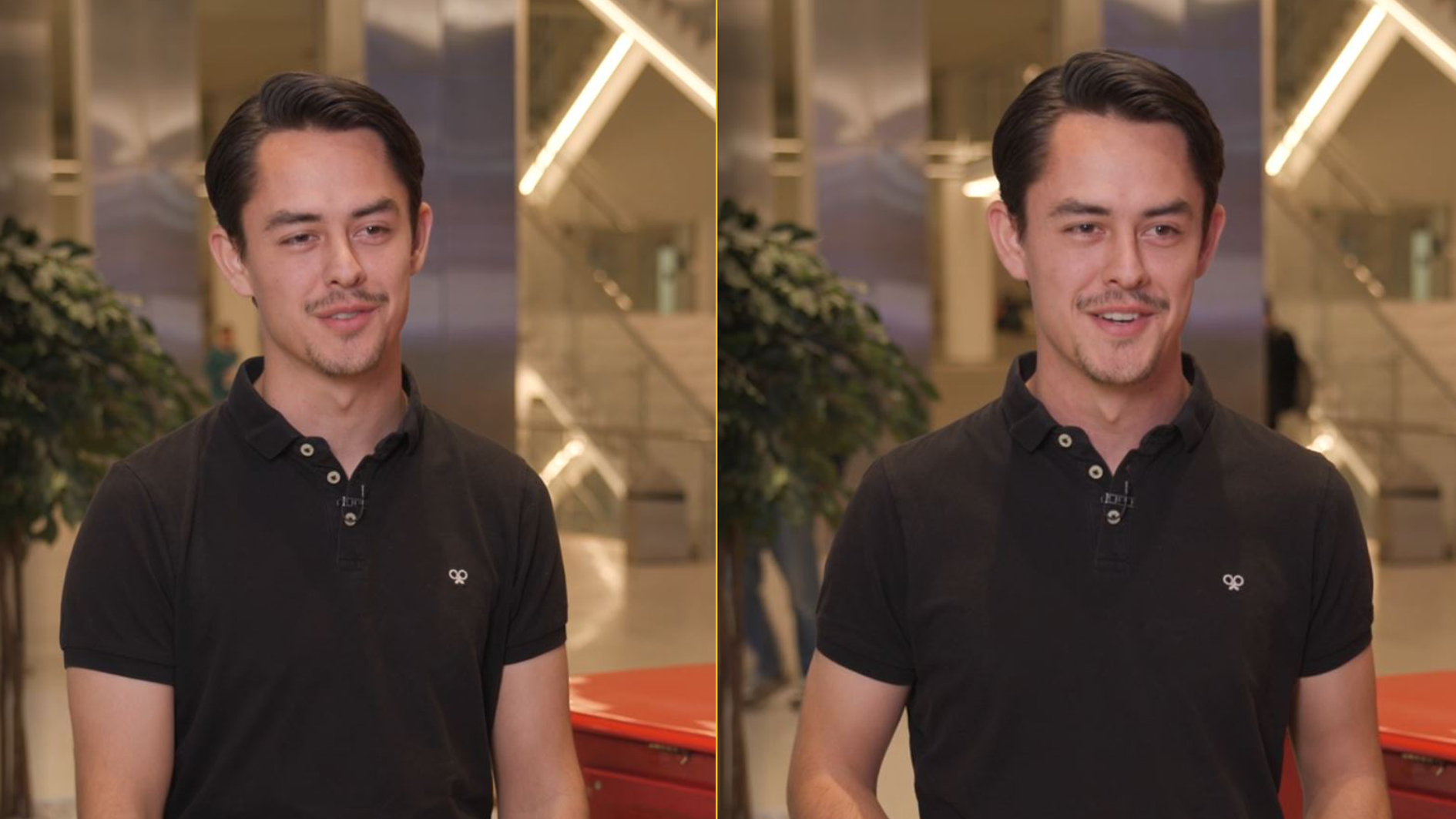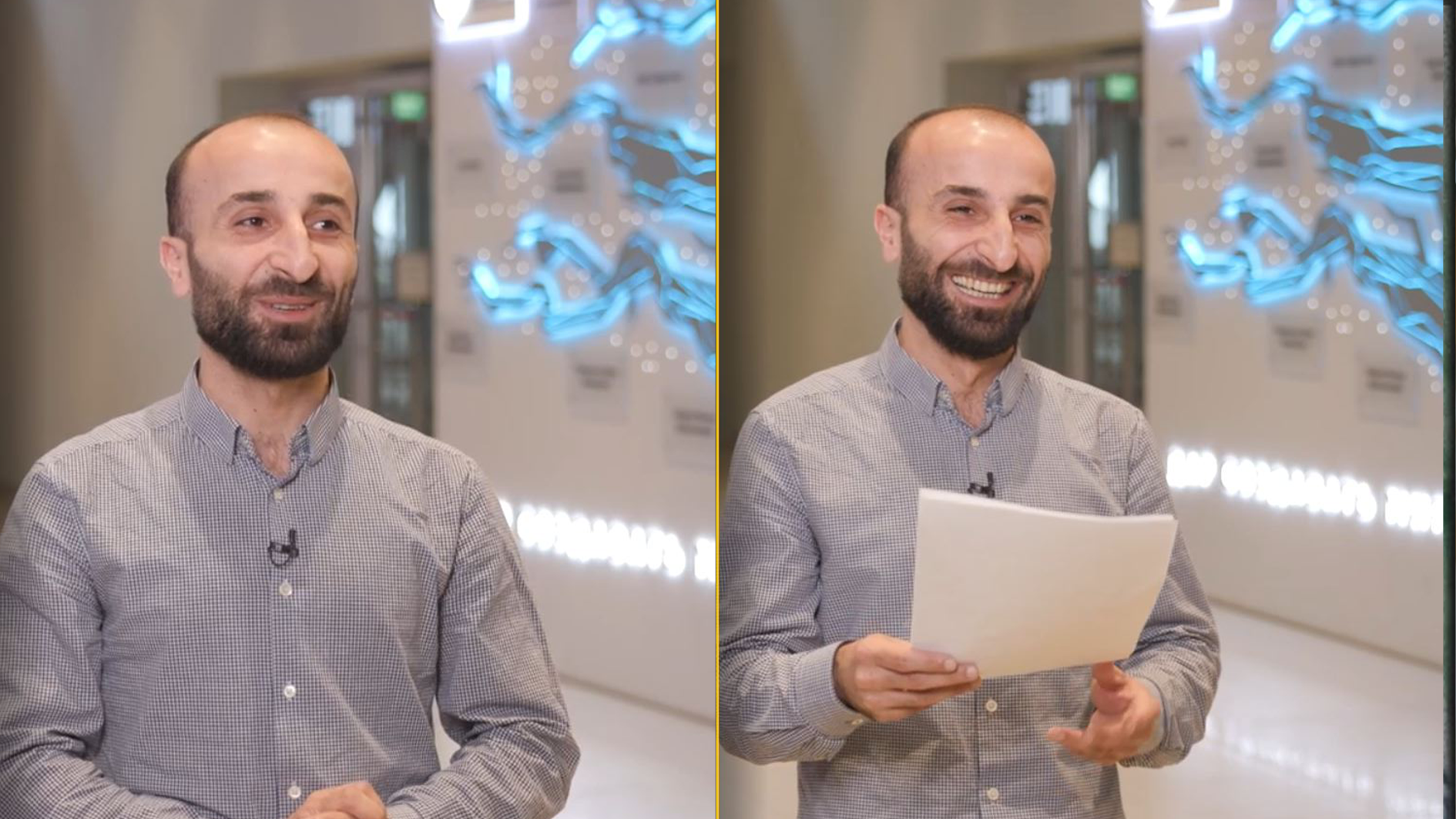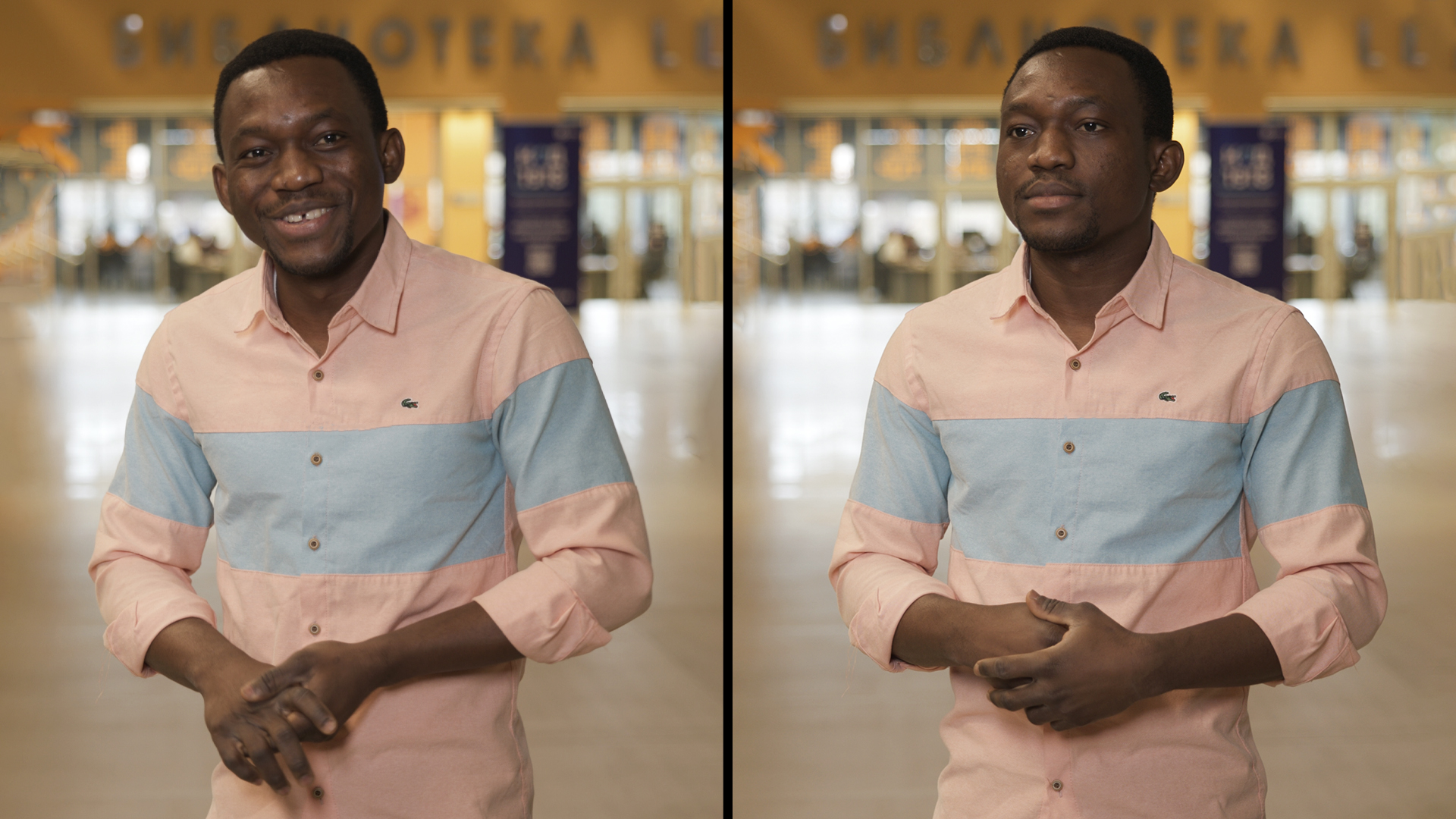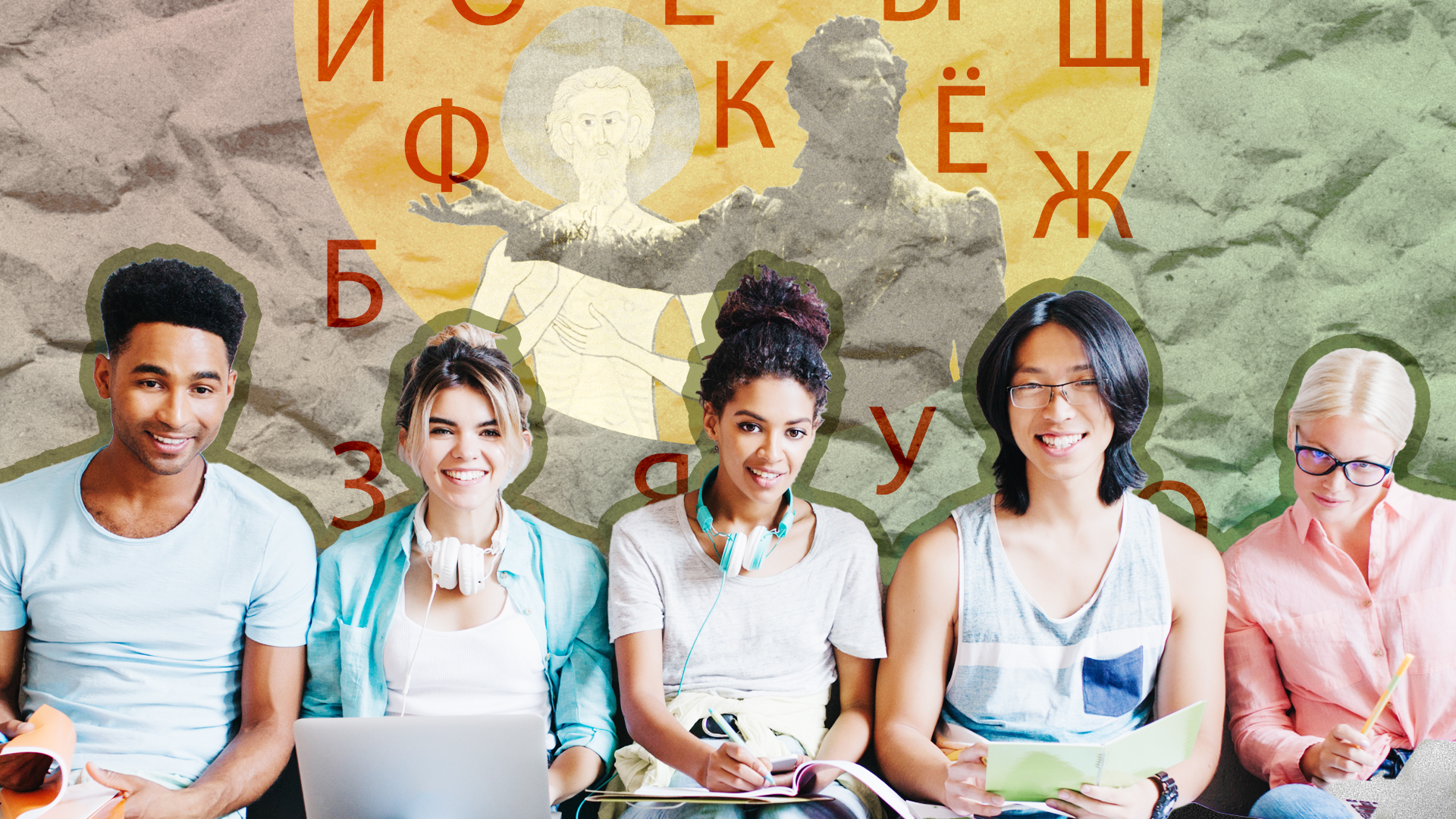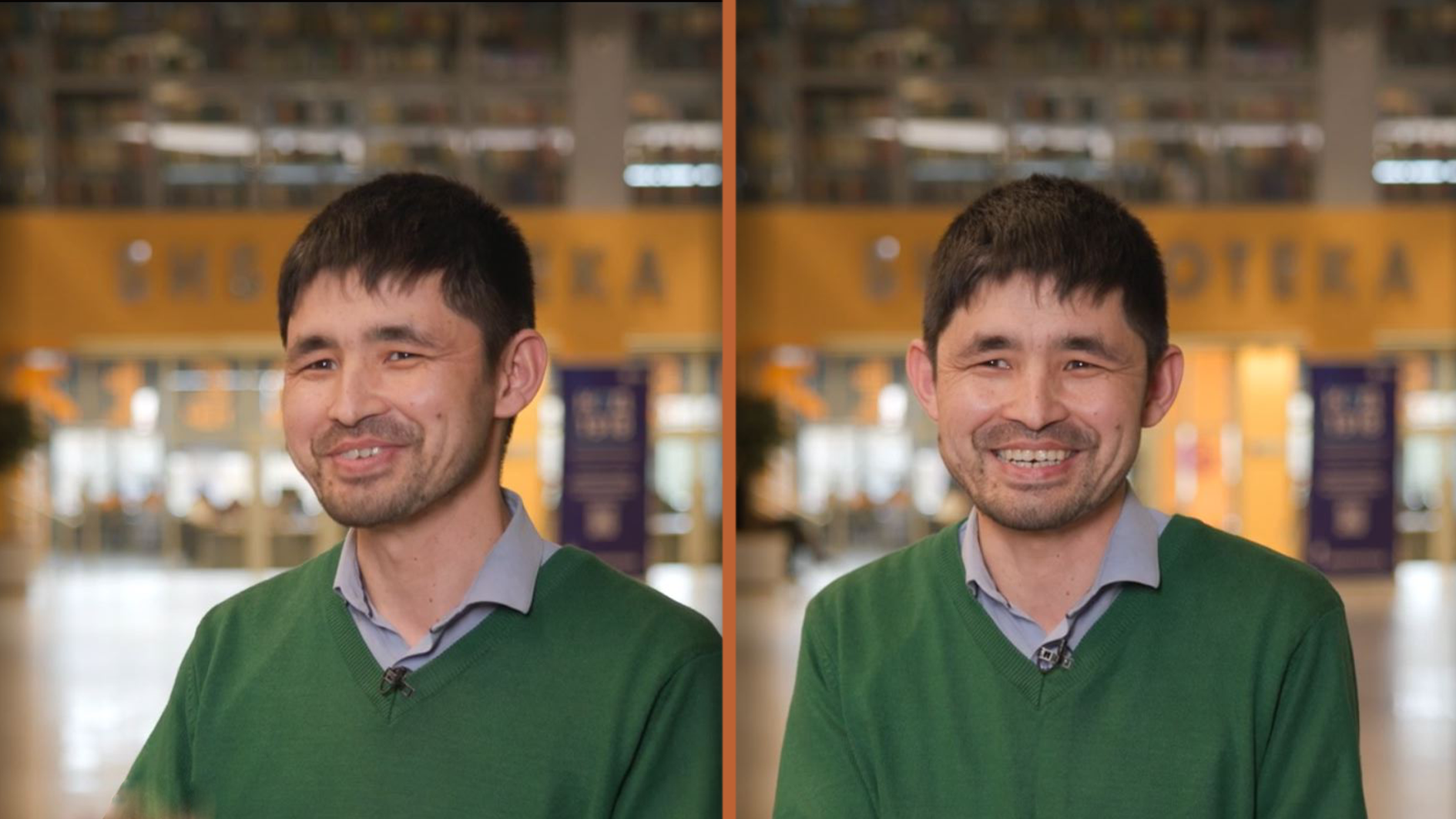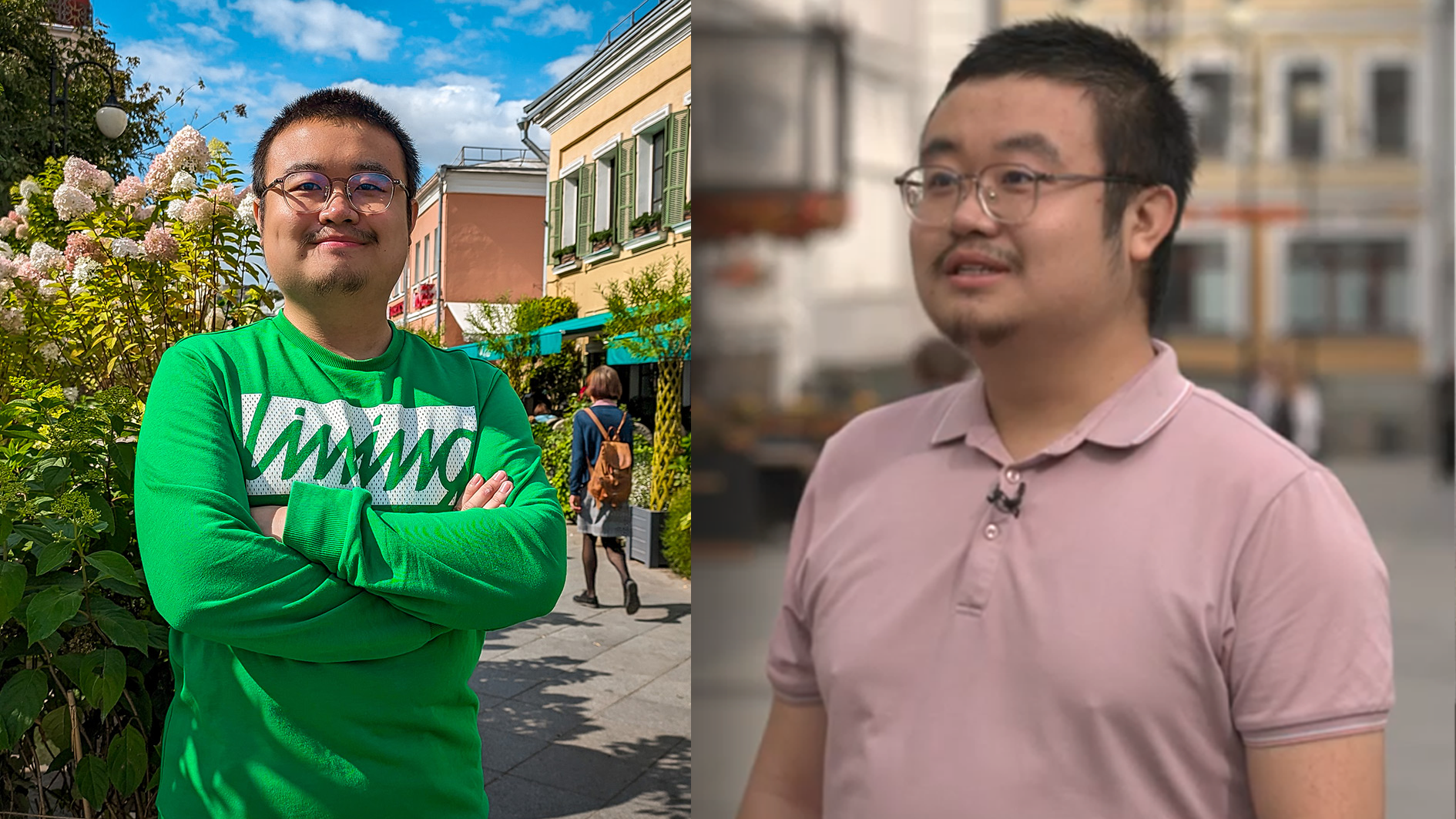
Rollando from Madagascar: ‘Learning to speak Russian is a feat!’

Why Russian?
Rollando started learning Russian back in Madagascar. After graduating from lyceum, he enrolled at the University of Antananarivo in the Department of Foreign Languages, chose Russian and studied it for three years with 20 other students.
One of the reasons for his choice was that Russian is spoken very little in Madagascar. Another reason was Rollando's love of feats. “Mastering the Russian language is a great feat for me,” the student admits.
At first, Rollando wanted to become a tour guide, but now, he has other desires and prospects – he wants to teach Russian in Madagascar.

"Russian is a rich language in which I can freely express my thoughts and feelings. It is also the native language of prominent scientists and writers."
Knowledge of Russian helps the student in his scientific research as well, as there are many Russian-language sources with useful information on the Internet.
Rollando also has a favorite Russian writer, Dostoevsky. The student likes his book ‘Crime and Punishment’ and wants to read it in its original language one day.
The Madagascan also has a favorite Russian word – ‘davai’! Which can be translated as ‘come on’ or ‘let’s go’ and is used by Russians all the time. “It seems to me that ‘davai’ is always forward. I like that!”
About life in Russia

Knowing Russian opened up the prospect of studying abroad for Rollando. And, in the Fall of 2024, he came to study in Moscow at the State Pushkin Institute of Russian Language. Now, he has been studying at the preparatory faculty for more than six months.
Rolando got his first strong impression of meeting Russia on the Red Square in Moscow. Before that, he had only seen it in movies and on TV.
“It was also in Moscow that I saw snow for the first time! And it was very cold in winter,” the young man shares.

Rollando lives in a dormitory at the Pushkin Institute and has made many Russian-speaking friends from other countries. Rollando likes it very much – it makes it much easier to practice the language.
What’s the most challenging thing in Russian
"Motion verbs are still completely incomprehensible to me. Especially those with prefixes, because the meaning of a word changes completely with different prefixes," Rollando admits and gives an example: “‘Уехать’ и ‘приехать’ have common root ‘ехать’ (‘go’, ‘drive’), but they are two completely different words with opposite meanings – ‘уехать’ means ‘leave’ and ‘приехать’ means ‘arrive’.”
Then Rollando recalls a funny story about how misunderstanding prefixes in Russian verbs can turn out. One day, his friend was trying to order a burger online and clicked on the ‘remove’ cheese and meat, thinking it meant ‘add’. Imagine his disappointment when, after paying 500 rubles (approx. $6), he received only two slices of a bun!
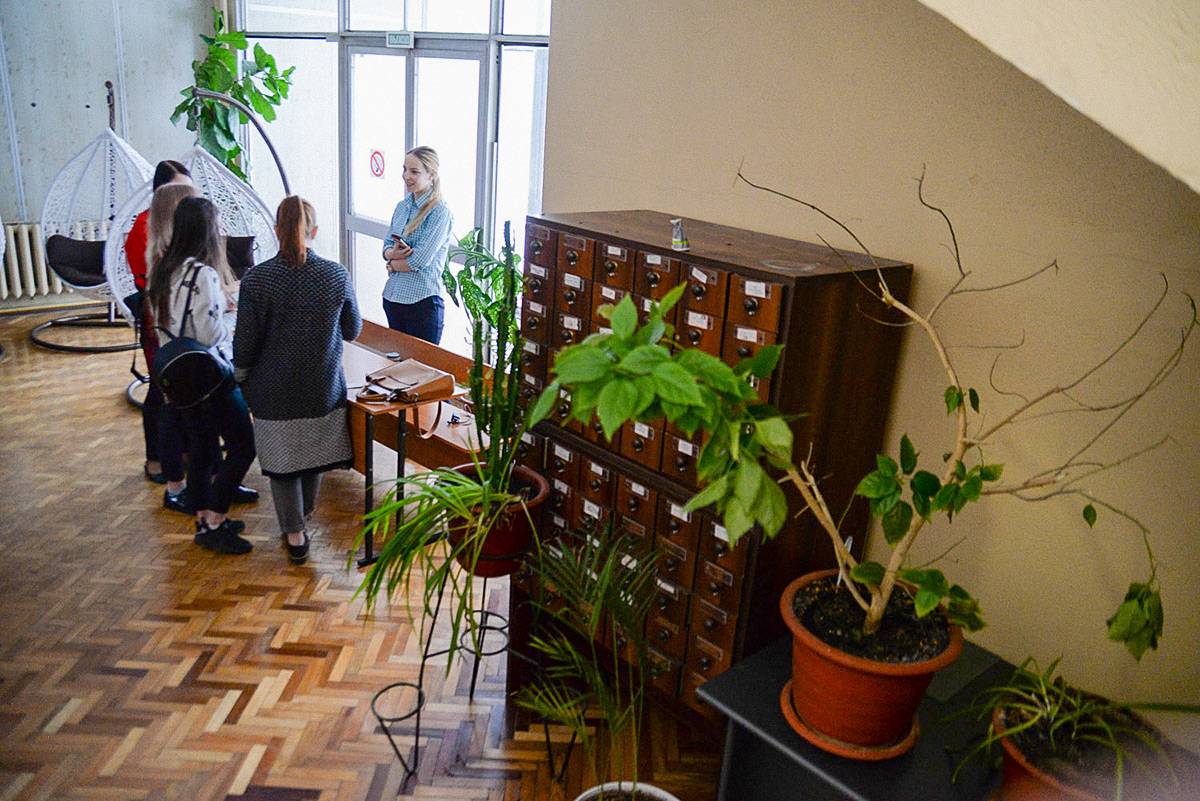
‘Gateway to Russia’ is grateful to the Pushkin State Russian Language Institute for its help in preparing this interview.
In order to get free education at leading Russian universities, foreigners can fill out a questionnaire and submit an application at education-in-russia.com.
You can study at the Pushkin Institute for free in the Bachelor's, Master's and Doctorate programs. Read more about how to enroll at the Pushkin Institute at pushkin.institute.
Moreover, the Pushkin Institute offers additional programs for those who want to learn Russian and for professional development of teachers. In particular, the institute holds an annual Summer School for foreign citizens. Detailed information is available here: clck.ru/3DmTTq.
For questions about candidate selection in your country, please contact Rossotrudnichestvo's representative offices or diplomatic missions of the Russian Federation.



